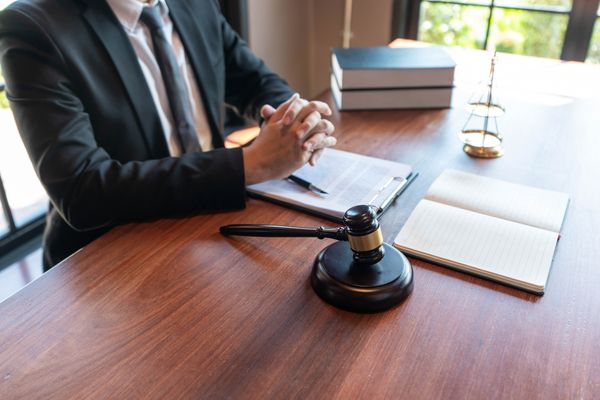Home » How do I know if I have a good case?
“How do I know if I have a good case?” It’s a common question. When a client asks this, we must define what it means for a case to be “good.”
From our legal perspective, a good case is one in which we have a good chance of making a fair and reasonable financial recovery for our client. This means a monetary settlement for people injured in a car accident, a fall, or another person’s negligence in general. The settlement should address their ongoing health complications, pay for medical expenses, lost wages, loss of future income, and the overall change in that person’s quality of life.
To determine whether a case is good, our Orlando personal injury lawyers must carefully consider our client’s stories and fully understand the following three factors: liability, damages, and collectability.

The best first step is to talk to a personal injury lawyer who is experienced in handling your kind of case. Attorneys with a deep knowledge of the value of your economic and non-economic damages can properly assess the value of your claim.
There are a few key factors personal injury lawyers consider when determining the strength and value of a claim, including:
Proving liability is the crux of your claim. Liability generally means that a person or company was negligent in some way. In order for a person to bring a personal injury claim, that negligence had to cause someone harm.
Sometimes, people get hurt simply because of an unfortunate accident wherein the other party did not have a legal duty of care toward the victim. In that case, there is no liability.
However, suppose the defendant did owe you a duty of care, such as driving responsibly on the roadway, providing reasonable medical care, ensuring that their property is safe for guests and visitors, or ensuring that consumer products are not dangerously contaminated.
In any of these situations, if someone breaches that duty of care to act reasonably and you are injured because of it, you have a personal injury claim. Your lawyer’s next steps will include gathering evidence proving the defendant’s guilt.
A personal injury claim aims to collect damages and compensation for the victim to cover their losses from the incident.
The more evidence you have that you suffered loss, such as medical bills or statements of the cost of treatment or property damage estimates, the stronger your claim will typically be.
There’s an old saying, “you can’t get blood from a stone.” When applied to a personal injury claim, it means that it’s hard to collect damages from a party unable to pay them. In many cases, damages from a personal injury claim are paid by the defendant’s insurance company (auto insurance, homeowners, or medical malpractice insurance). If the defendant has no insurance coverage, then they’re personally liable for paying damages.
But what if the defendant does not have money or cannot pay? A judge may grant a motion for alternative recovery of your damages, such as garnishing that person’s paycheck, but this may not be an option in every situation.
Your lawyer will evaluate whether damages are recoverable when deciding if you have a good case.
There are errors personal injury victims frequently make that can jeopardize the strength of their case. Try to avoid these common mistakes:
Understanding whether you have a strong personal injury case hinges on thoroughly evaluating liability, damages, and collectability. Remember, the path to a successful case begins with a careful, well-informed approach that ensures your rights and interests are fully protected.
When you’re ready to get started, contact us online or call (407) 244-3000 for a free consultation with DWK Law.
*indicates a required field